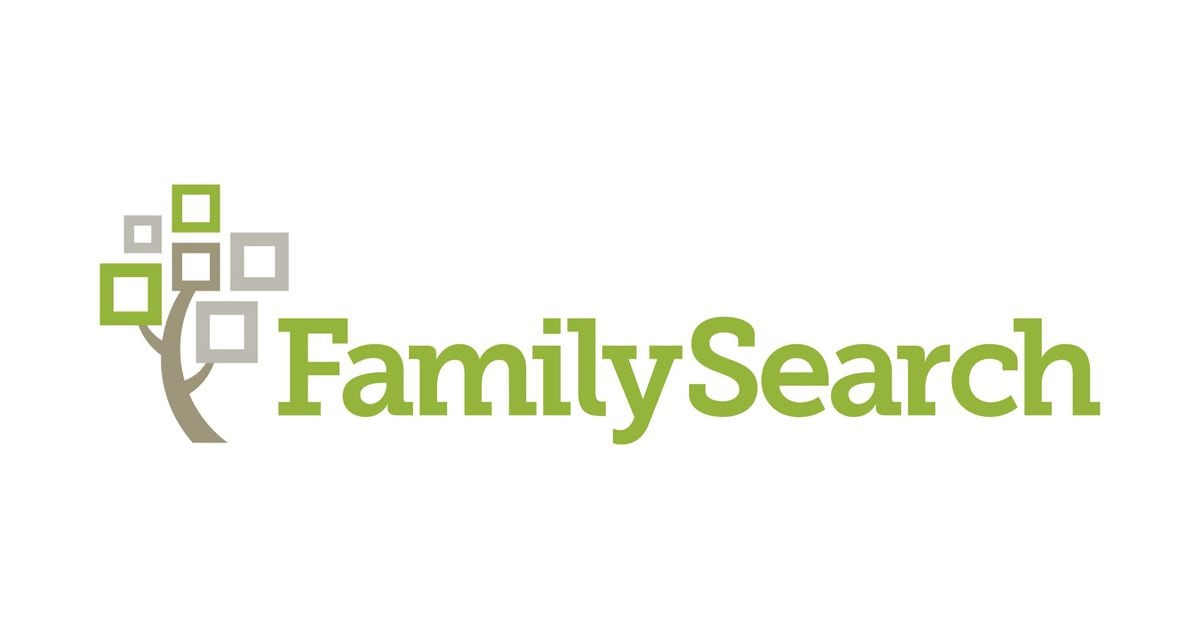LDS Church embraces inclusion of same-sex couples and parents in its FamilySearch genealogical database
Editor’s Note • This story is only available to Salt Lake Tribune subscribers. Thank you for supporting local journalism.
FamilySearch, the genealogical website for The Church of Jesus Christ of Latter-day Saints, says its nearly 2-year-old decision to list parents and same-sex couples in its extensive database has has proven popular.
What is the popularity? Well, FamilySearch, by policy, does not publicly release such specific statistics. Yet chief genealogy David Rencher says these unpublished figures show that the inclusion of “same-sex couples and same-sex parents has been welcomed by the community of enthusiasts engaged in family history. “.
“The life of each person is important to be reflected in the fabric of the human family,†says Rencher, who is also director of the church’s family history library in downtown Salt Lake City, “and adding these characteristics at the [the site’s] family tree [feature] allows everyone to experience it and see where it fits in the big picture.
The official announcement of December 10, 2019, however, did not change the church’s opposition to same-sex marriage or its recognition of only traditional male-female unions for celebration and “sealing for eternity†in them. temples of faith.
(Courtesy photo) David Rencher, genealogical director of FamilySearch and director of the Family History Library in downtown Salt Lake City.
So, the FamilySearch initiative is just one more step for those hoping for wider acceptance of same-sex people by the church, says Nathan Kitchen, president of Affirmation, an advocacy and support group for them. LGBTQ Latter-day Saints, their families and friends.
“When the announcement was first made,†Kitchen said, there was a “sense of relief within the Affirmation and LGBTQ communities that the church would finally open its family records lists and pedigree format. for all family configurations, not just monogamous and polygamous of the opposite sex.
But this was not necessarily seen as “an inclusive gesture,” he adds, “rather a development necessary for FamilySearch to survive and thrive in the family history market.”
[Get more content like this in The Salt Lake Tribune’s Mormon Land newsletter, a weekly highlight reel of developments in and about The Church of Jesus Christ of Latter-day Saints. To receive the free newsletter in your inbox, subscribe here. You also can support us with a donation at Patreon.com/mormonland, where you can access gifts and transcripts of our “Mormon Land†podcasts.]
Although it is a not-for-profit operation, FamilySearch – linked to the church’s 5,400 family history centers around the world and has nearly 1.4 billion individual names in its records in family tree – is an important player in a digital arena that includes for-profit companies like Ancestry.com, MyHeritage. com and FindMyPast.com.
Kitchen notes that the last three genealogical sites “listed and included same-sex couples and their children long before FamilySearch.org made its announcement and subsequent changes.”
Of course, these family history services are not owned and operated by a religious institution engaged in what it sees as a divinely defined marriage on the one hand and a change in mores and cultural norms on the other.
Rencher puts it this way: “Gender issues affect all segments of the population; these new functionalities therefore adapt [church members] whose families must be accurately reflected in the FamilySearch family tree, along with one of the millions of others [our] users around the world.
Kitchen says her own mother was among many who hailed the expansion of FamilySearch’s homosexual pedigree.
“Yes, [she] was very happy to add me and my husband to the FamilySearch family tree after my marriage, â€he says. “[And] over the past couple of years I have heard of many parents who willingly add their same sex married children [and] grandchildren in their proud family heritage.
Nathan Kitchen is the president of Affirmation.
Even so, Kitchen asserts that “as quickly as parents can add their same-sex married children to their family records in FamilySearch, the church is removing them” from the faith by withdrawing their membership.
“It’s a huge disconnect. . . for the church to take them away from their ‘family forever’, â€he said. “For Latter-day Saint parents, this eternal family tree, not the FamilySearch family tree, is the only one that really matters in the end.
Kitchen and other members of the LGBTQ community hope that the church’s proclaimed prophetic leadership will have a “revelation†that will include same-sex couples and their families in the world to come.
“In doing so,” he said, “they will bless and support the families who have united in faithfulness and love, and will bind them” beyond the grave.
This, of course, is beyond Rencher’s competence. For now, recognizing same-sex couples in the family tree matrix is ​​consistent with FamilySearch’s overall mission.
“We are focused on creating inspiring experiences that bring joy to all as they discover, bring together and connect family – past, present and future,†he says. “To this end, all efforts to collect the genealogical records of the world, publish them freely online, create the possibility of adding, preserving and sharing photos, personal memories and documenting the life of each in a tree global genealogy, are all inclusive, regardless of race, gender, religion or ethnicity.
“FamilySearch,” he says, “is dedicated to creating a place to remember the life of the human family.”

